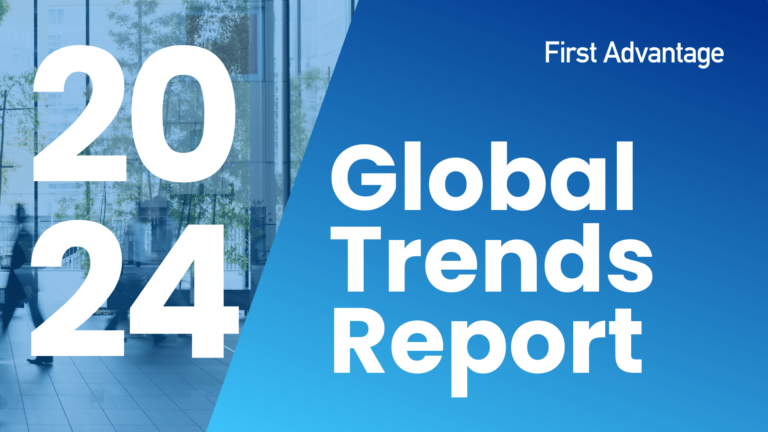Hawaii, Massachusetts, Vermont and Connecticut join a growing list
In response to rising concern over gender pay inequality, more jurisdictions are banning employers from inquiring about a candidate’s salary history. The goal of salary history bans is to reduce the pay gap between men and women for performing equal or comparable work. If an employer is not allowed inquire about past salary, the candidate’s new salary is more likely to be based on their qualifications for the position—not their past earnings.
Hawaii recently enacted S.B. 2351, which prohibits employers from asking applicants about their prior compensation history. Employers that have at least one employee are covered. Under the legislation:
- Employers, employment agencies, and their agents cannot inquire about an applicant’s “current or prior wage, benefits, or other compensation.” Employers are also prohibited from searching publicly available records or reports to obtain an applicant’s salary history;
- Covered entities are prohibited from relying upon an applicant’s salary history to determine the applicant’s compensation for the job, except in the case of a voluntary disclosure; and
- Employers are allowed to discuss an applicant’s compensation expectations and can conduct a background check to verify an applicant’s disclosure of non-salary information.
Similarly, Massachusetts, Vermont, and Connecticut also recently adopted salary history bans. Effective July 1, 2018 for Massachusetts and Vermont and January 1, 2019 for Connecticut, employers are prohibited from inquiring about an applicant’s current or past salary history. California, Delaware, Oregon, and major cities such as New York City have already enacted their own salary history bans. Maine, New Hampshire, and Rhode Island are considering similar legislation.
Questions about salary history are routinely asked during an employment verification, as part of a comprehensive background check. Employers should consider reviewing their list of background check questions with their internal verification teams and/or employment screening provider(s). As with all legislative matters, employers should consult with their legal counsel to fully understand the laws and requirements within their respective jurisdiction.


